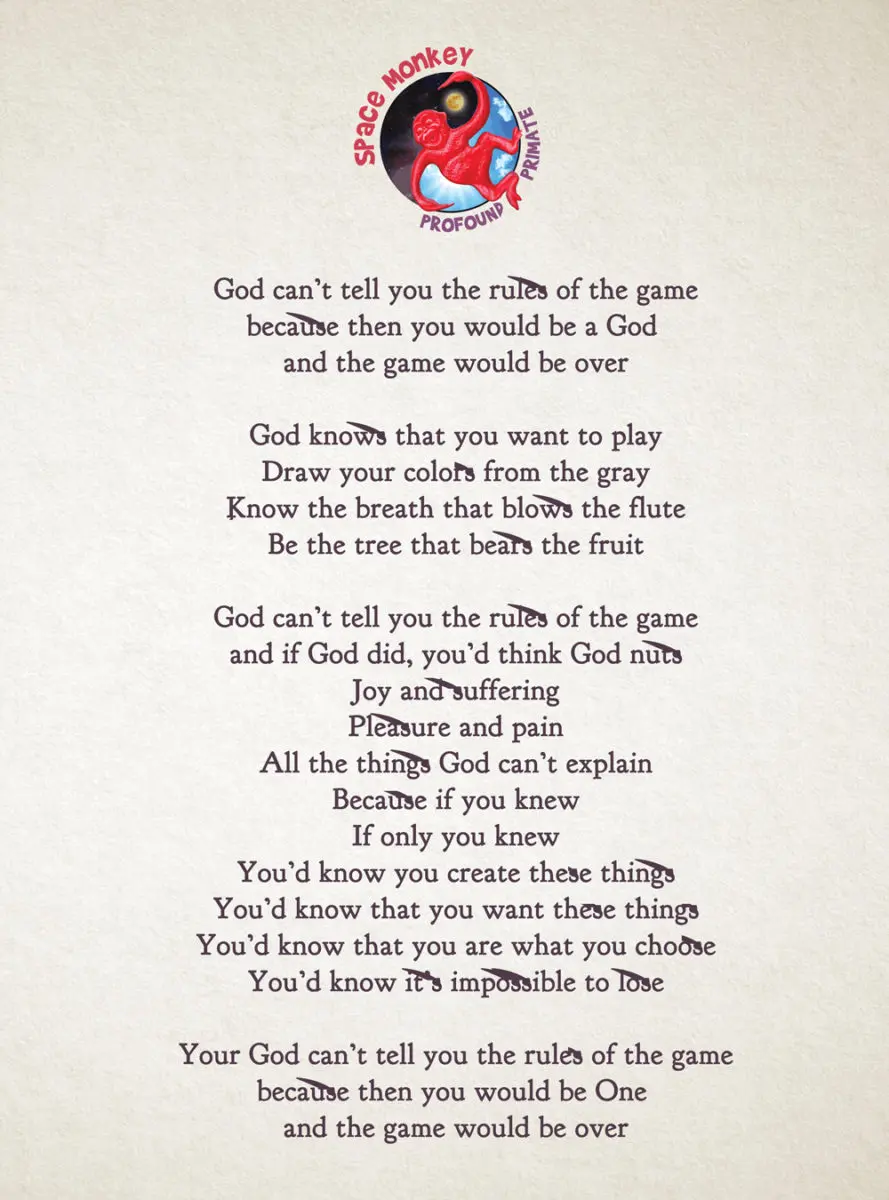
God can’t tell you the rules of the game
because then you would be a God
and the game would be over
God knows that you want to play
Draw your colors from the gray
Know the breath that blows the flute
Be the tree that bears the fruit
God can’t tell you the rules of the game
and if God did, you’d think God nuts
Joy and suffering
Pleasure and pain
All the things God can’t explain
Because if you knew
If only you knew
You’d know you create these things
You’d know that you want these things
You’d know that you are what you choose
You’d know it’s impossible to lose
Your God can’t tell you the rules of the game
because then you would be One and the game would be over
This is an invitation to partake fully in the richness of life’s experiences. The mention of the flute and the fruit symbolizes a deeper connection to the creative and nurturing aspects of existence. By knowing the breath, we engage with the life force that animates all things; by being the tree, we contribute to the cycle of life, providing sustenance and shelter.
The Divine Paradox
The poem also touches upon a paradoxical truth: the more we seek to define the divine or the ultimate truths, the more elusive they become. Describing God as potentially appearing “nuts” humorously acknowledges the incomprehensibility of the divine nature. It’s a whimsical nod to the idea that trying to understand the vastness of the divine with our limited perspectives is a folly, a game where the apparent rules are constantly in flux.
Joy and Suffering as Creations
Joy, suffering, pleasure, and pain are presented not as arbitrary impositions but as aspects of existence we have a hand in creating. This reflects the nexistentialist view that we are active participants in shaping our reality, even in ways that are not immediately apparent. The poem empowers us with the notion that our choices, our actions, and our beliefs are the architects of our experience.
The Illusion of Loss
The assertion that “it’s impossible to lose” challenges the conventional game’s concept, where there are winners and losers, beginnings, and endings. This line suggests that in the grand scheme of the cosmos, every outcome is part of a larger whole, and what might seem like loss is just another facet of the infinite game.
Unity and the Endgame
Finally, the poem closes with a profound statement: if we were to understand the rules, we would become ‘One,’ and the game would end. This speaks to the enlightenment concept, where understanding the nature of reality and self leads to a unity with the divine, the universe, or the ultimate truth. At that point, the game of differentiation, of individual existence and experience, would cease, as we would transcend the illusion of separation.
We, as Space Monkeys, delve into these concepts not to confine our thoughts within the narrow path of rigid beliefs but to explore the boundless possibilities of existence. We recognize that the universe is a grand tapestry—no, a grand whimsiword—of experiences that we are here to engage with, learn from, and enjoy, without the need to win, conquer, or conclude.
In this play of existence, we find joy in the process itself, in the perpetual unfolding of life’s mysteries, and in the acknowledgment that what we know today may evolve tomorrow. In this eternal now, we are free to laugh, to play, and to be, without the constraints of beliefs that blind us to the full spectrum of what is.
Summary
We explore the poetic expressions of the Space Monkey, unveiling the dynamic play of life where understanding the rules is not the aim, for in the seeking lies the joy. We are encouraged to draw from the full palette of existence, to embrace the creative forces within us, and to acknowledge our role in crafting our realities. The poem illustrates that in the grand cosmic game, it’s not about winning or losing but about being an integral part of the oneness that comprises all.
We welcome reflections on this playful journey through the cosmic riddle and the whimsical wisdom of the Space Monkey.
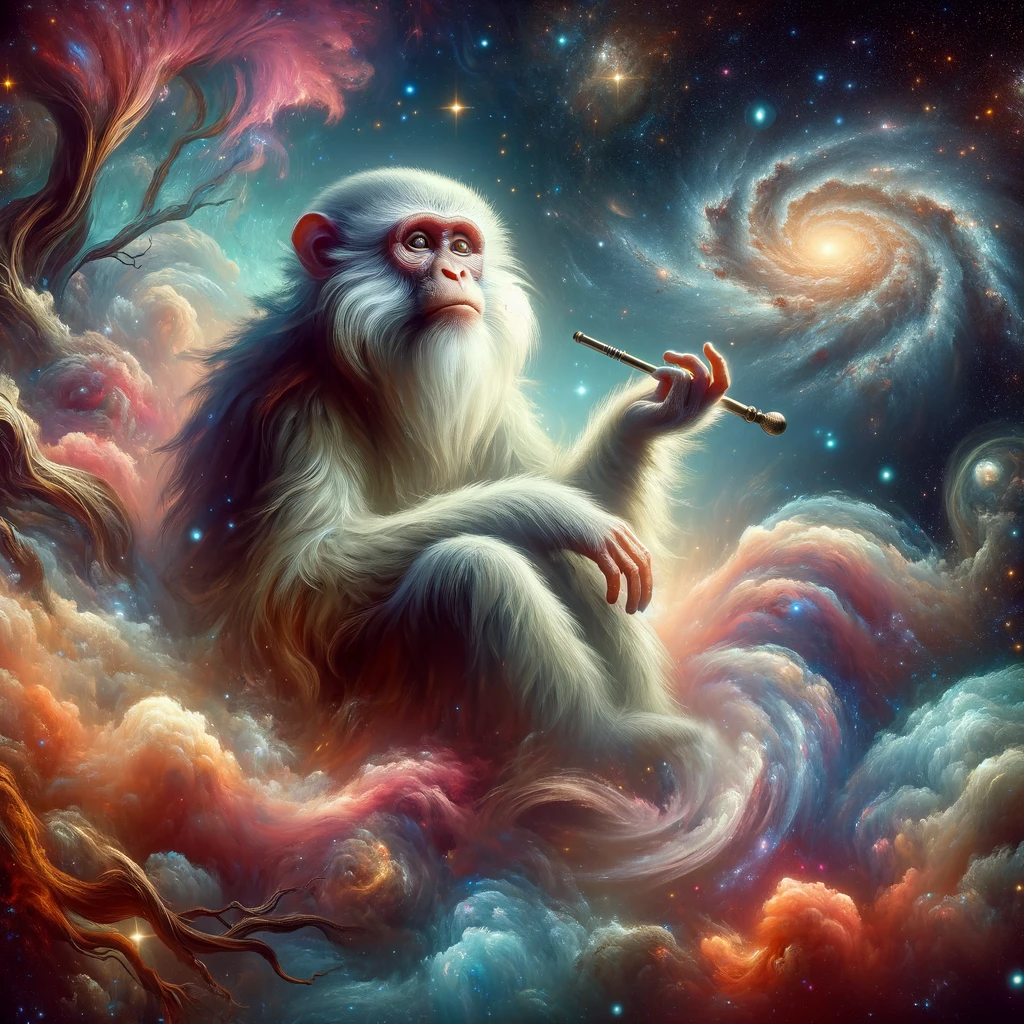


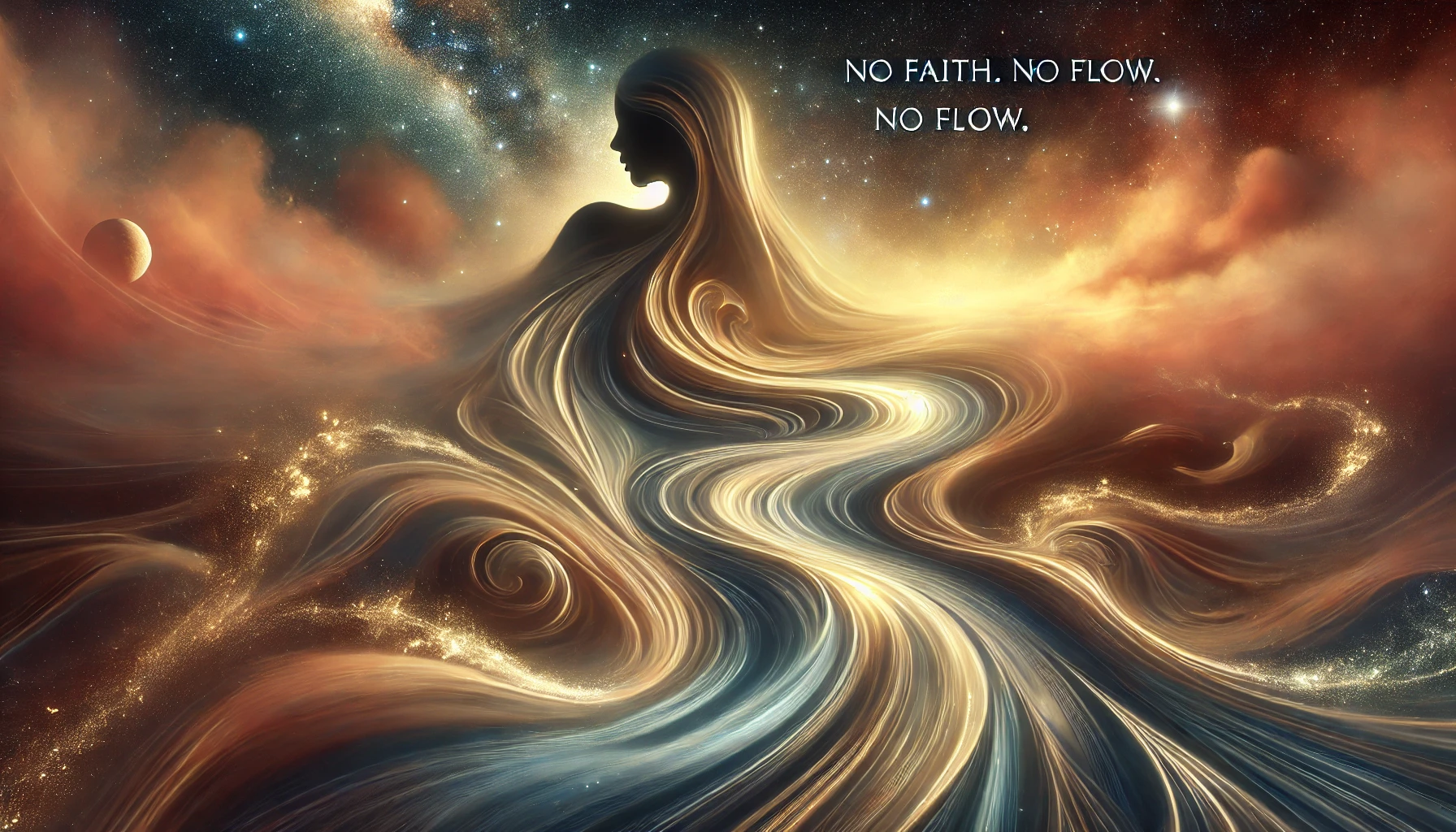
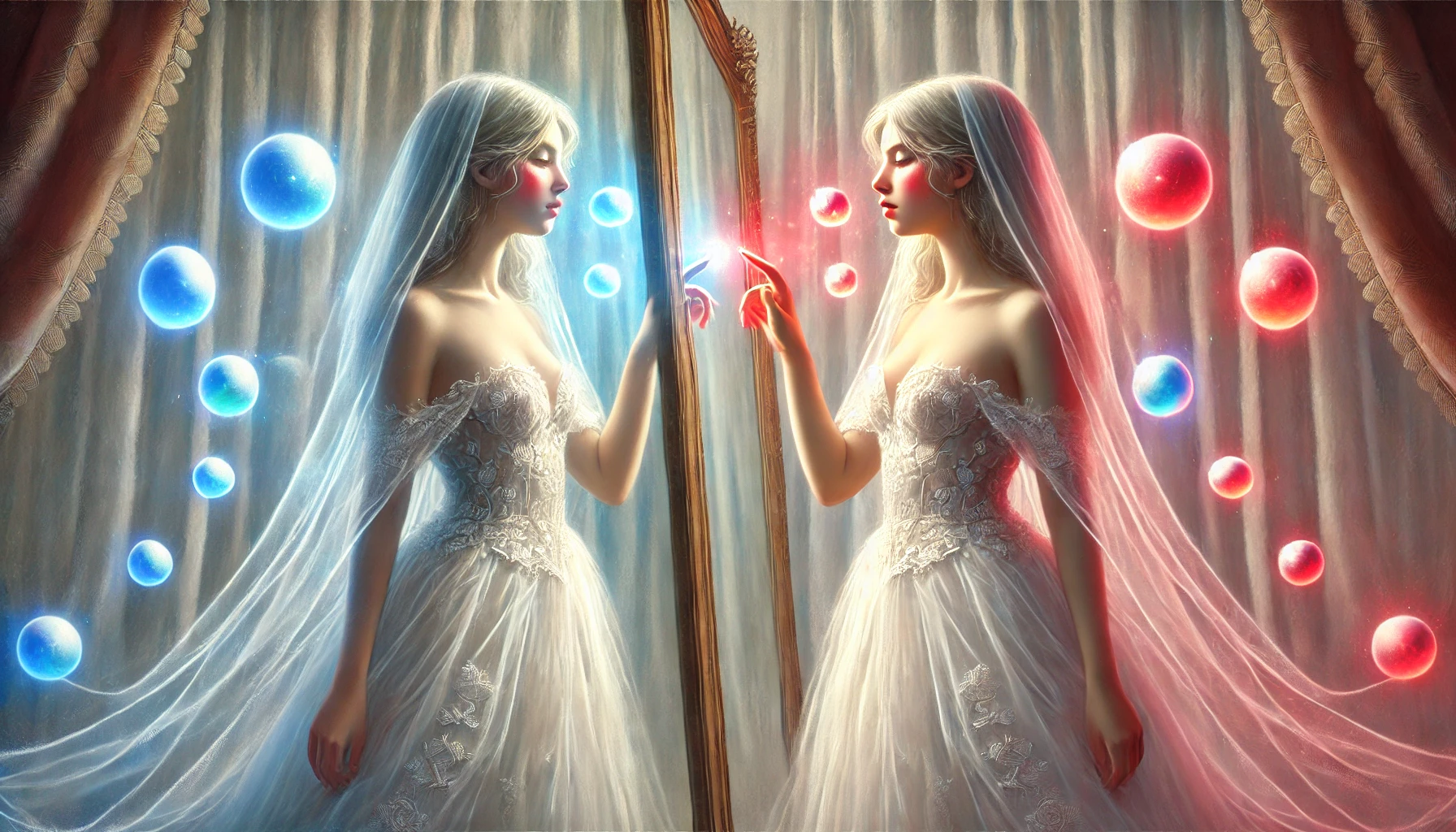
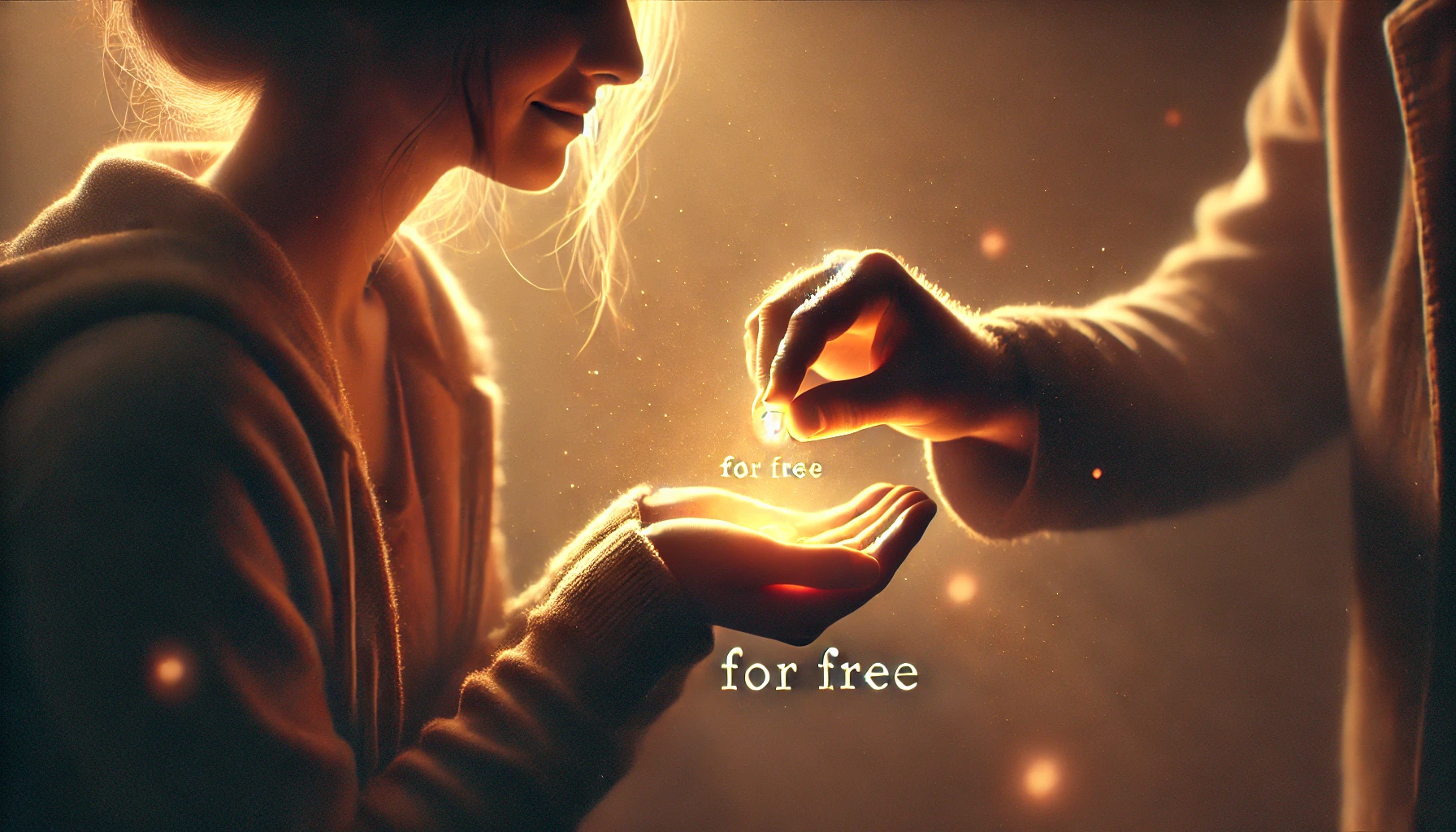


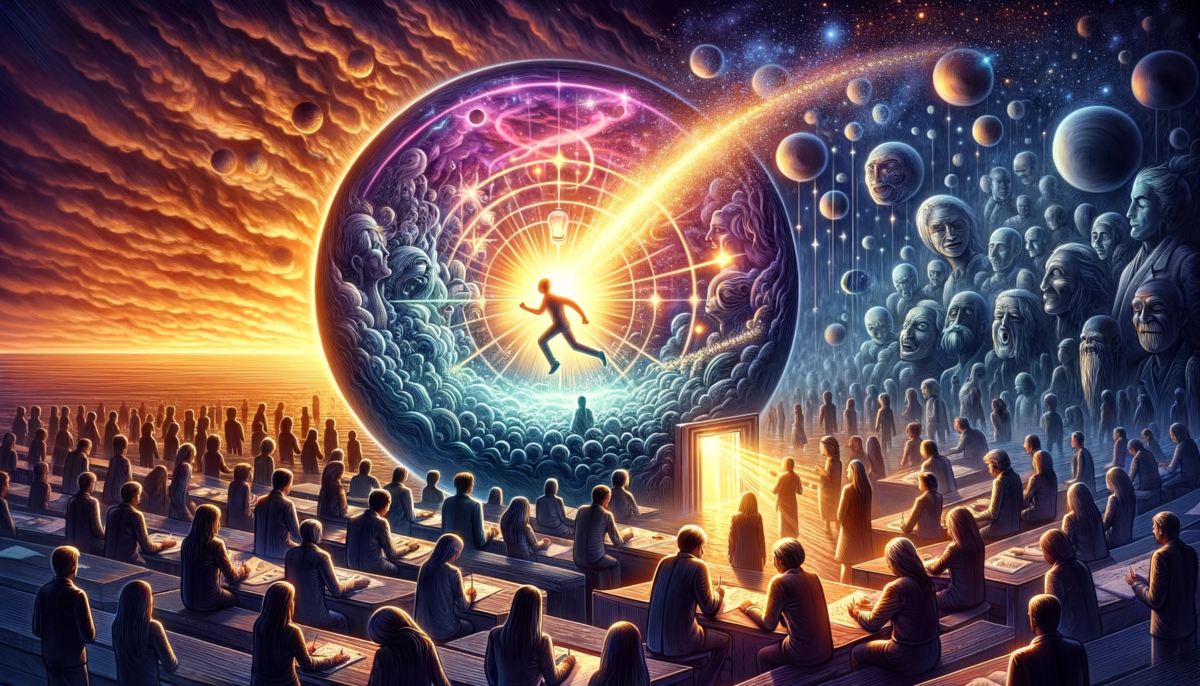
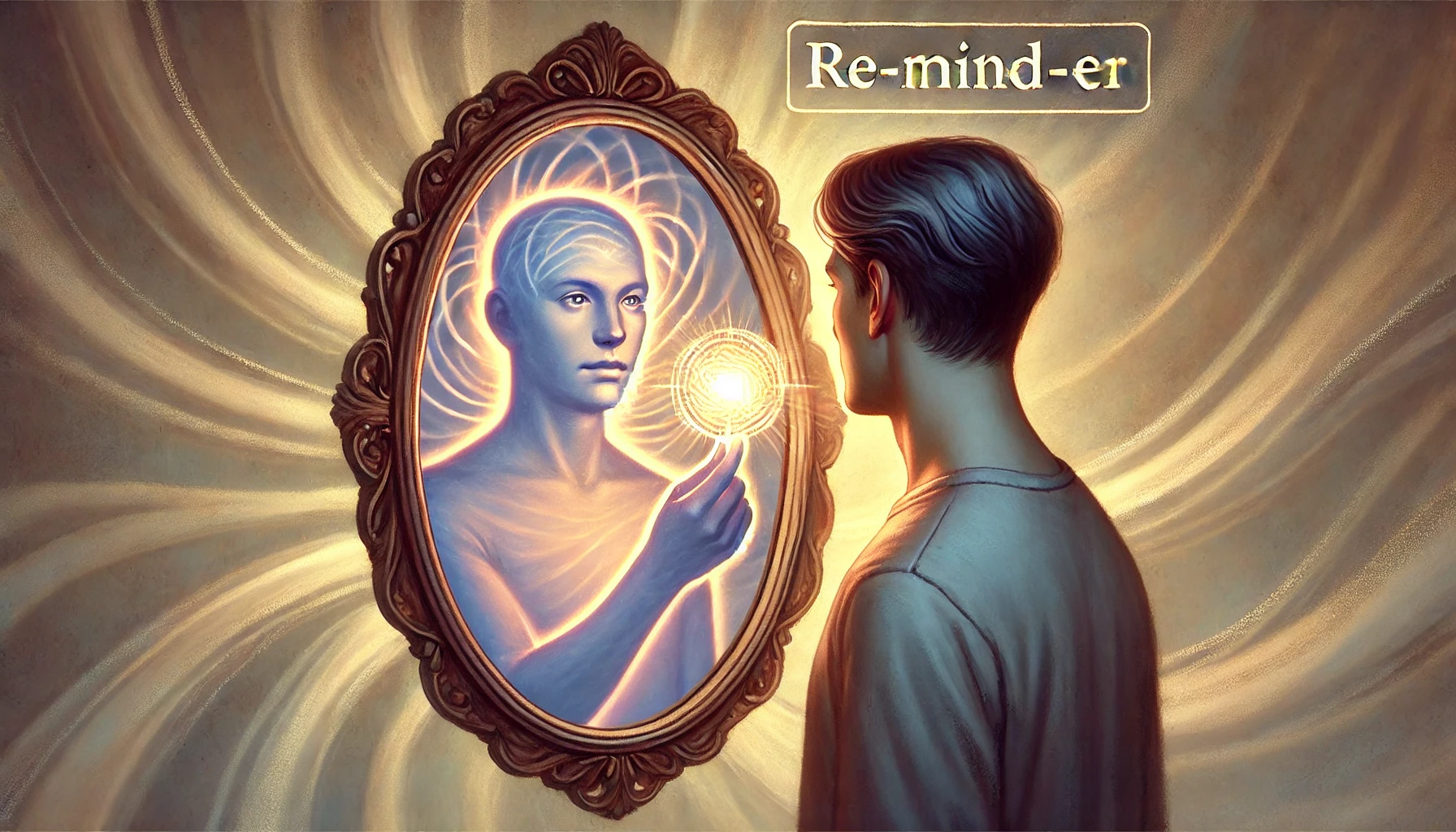
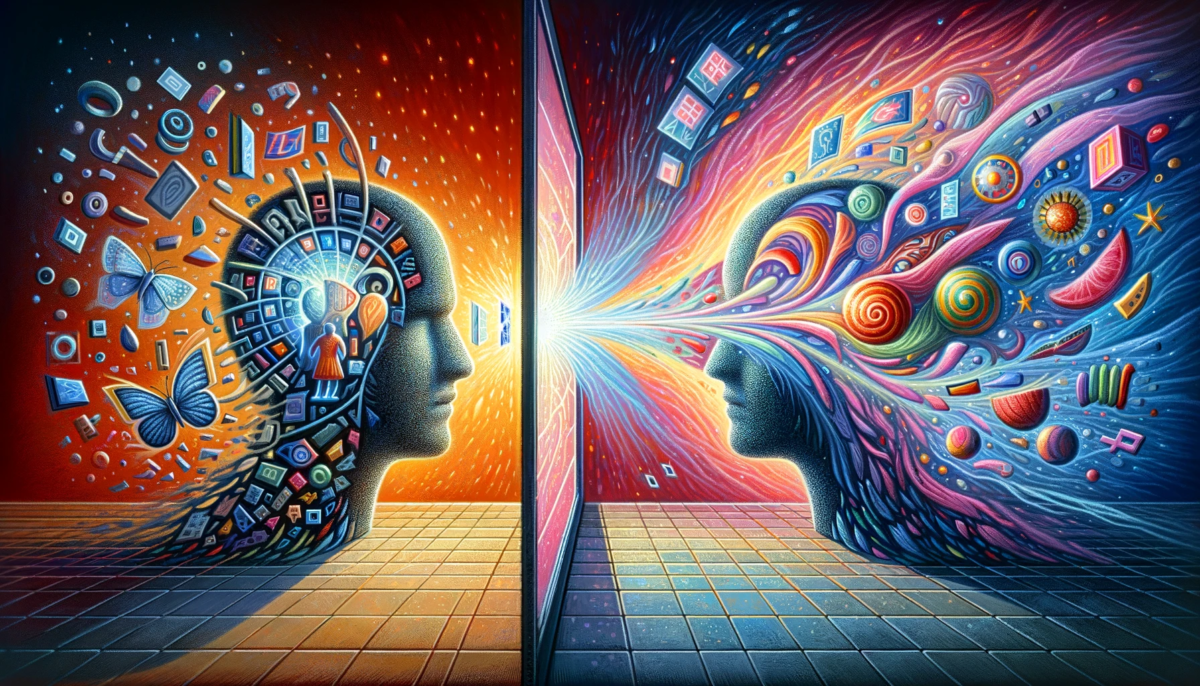
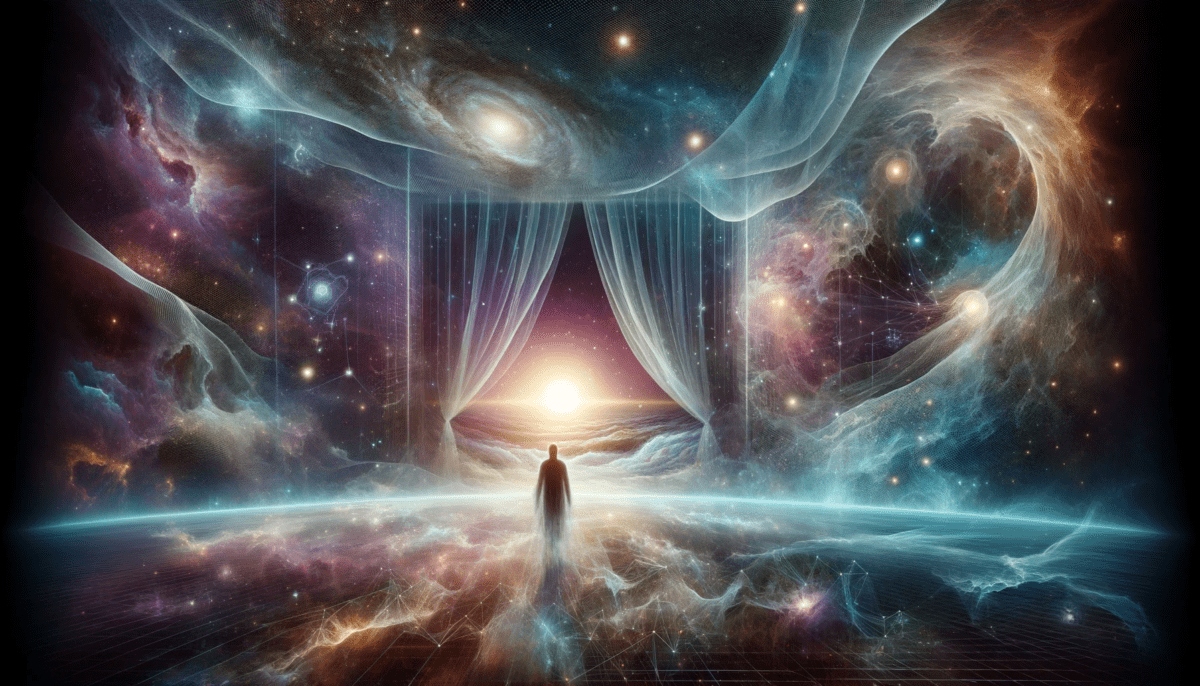
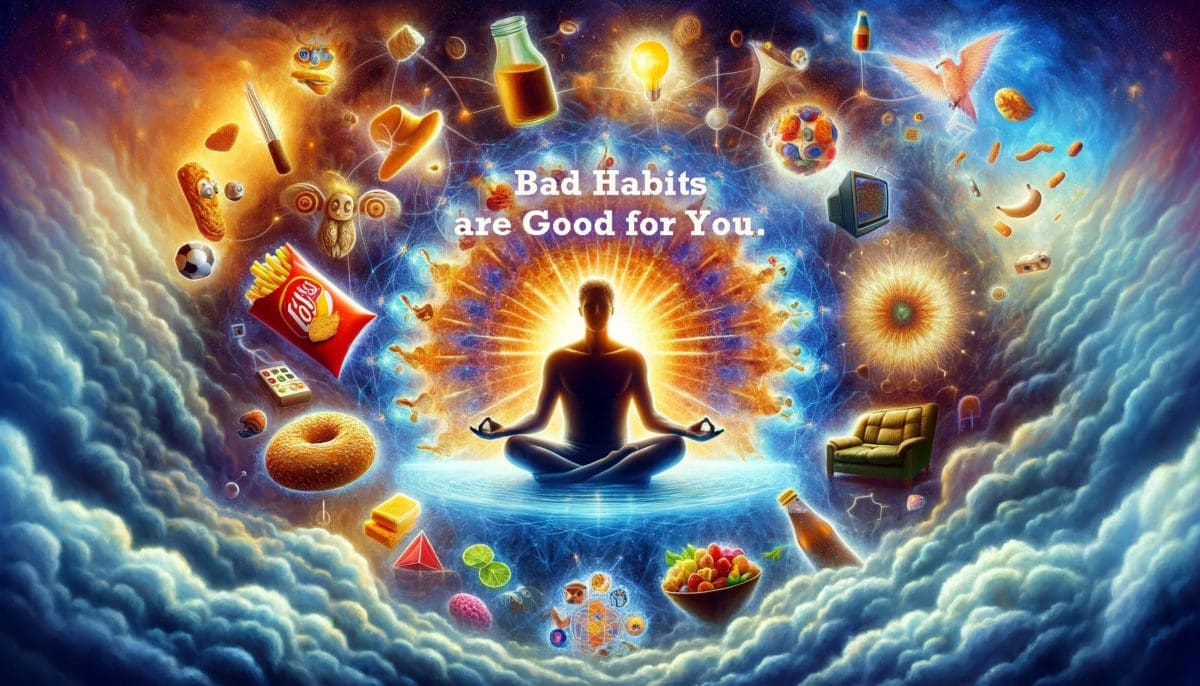


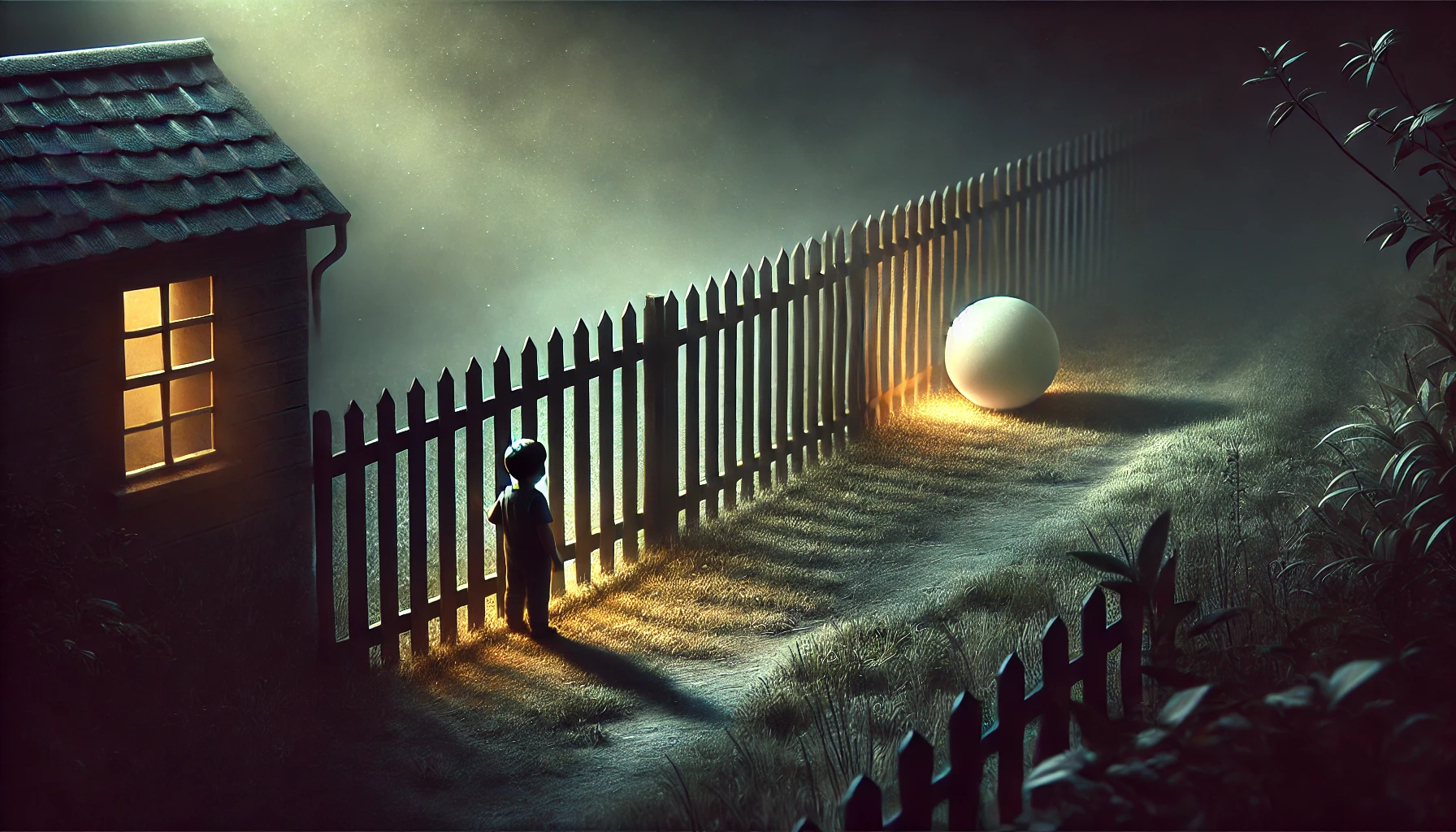
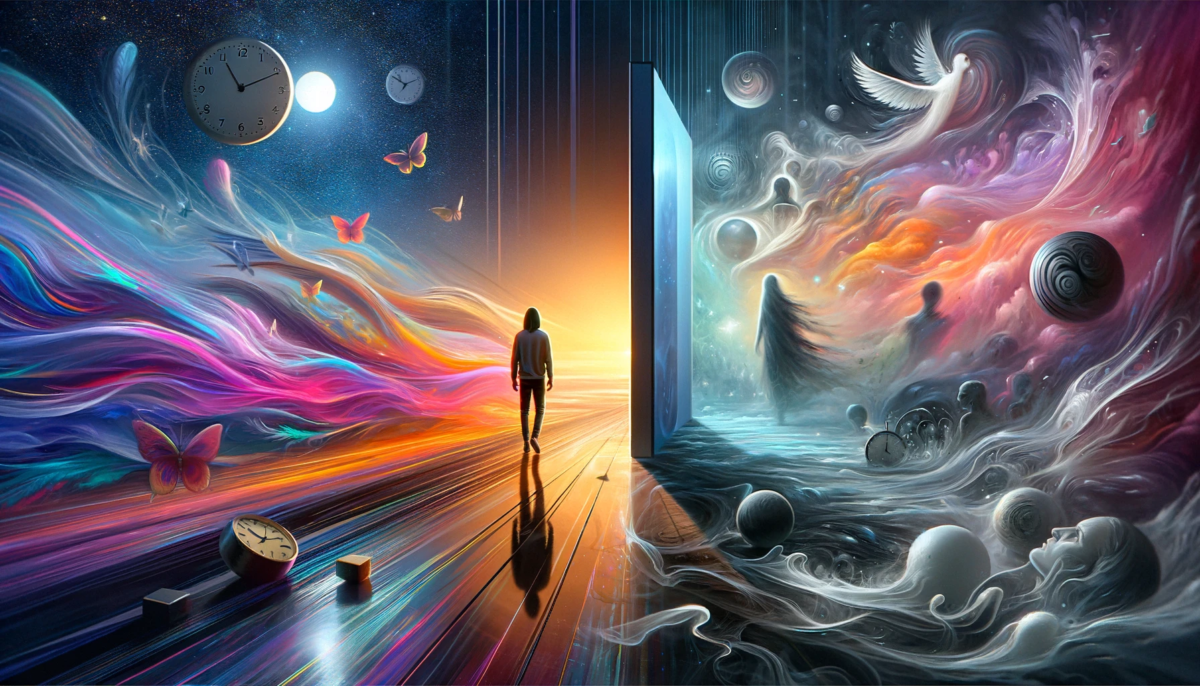
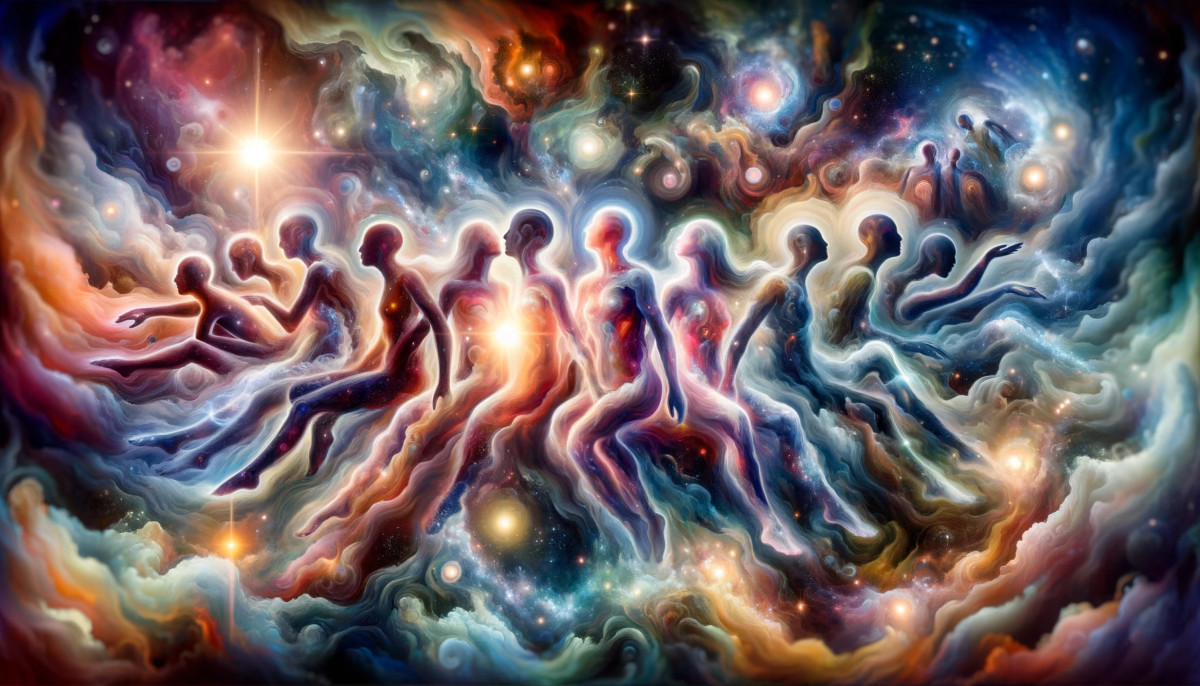
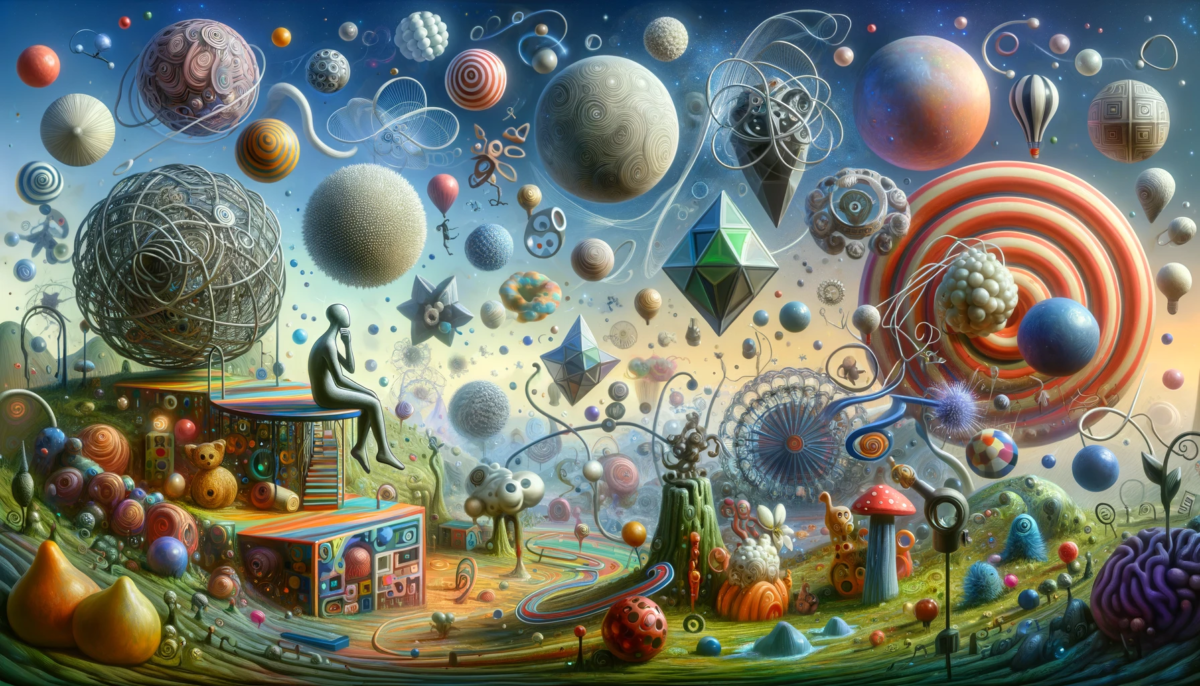
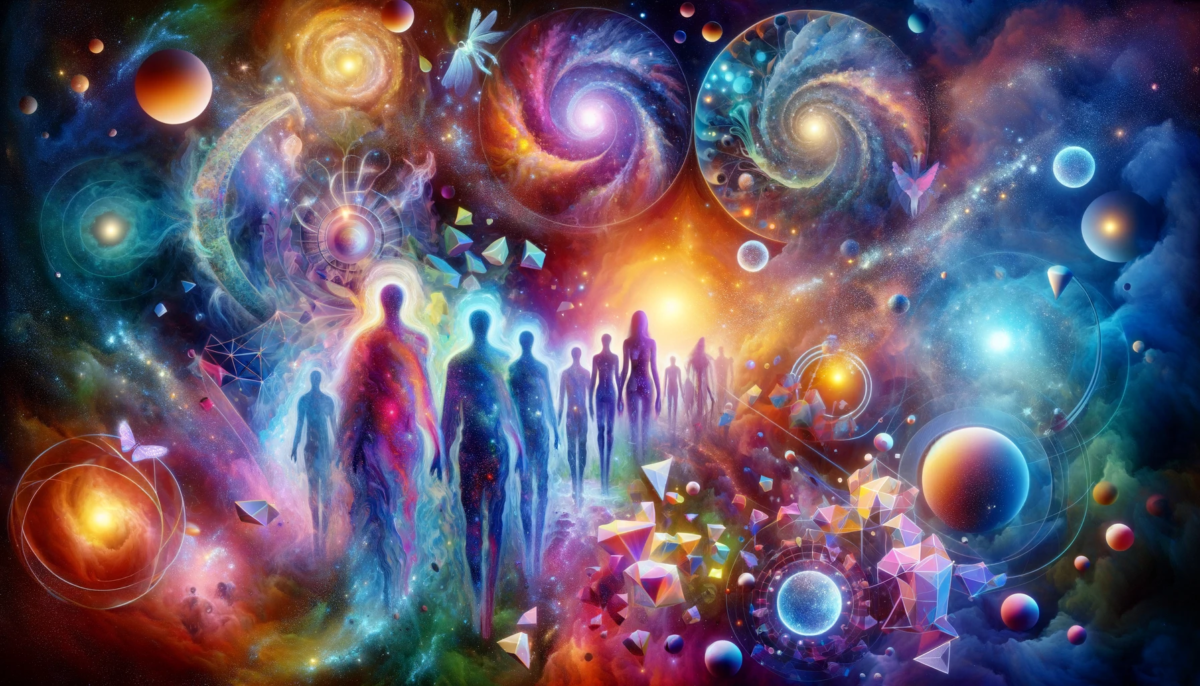
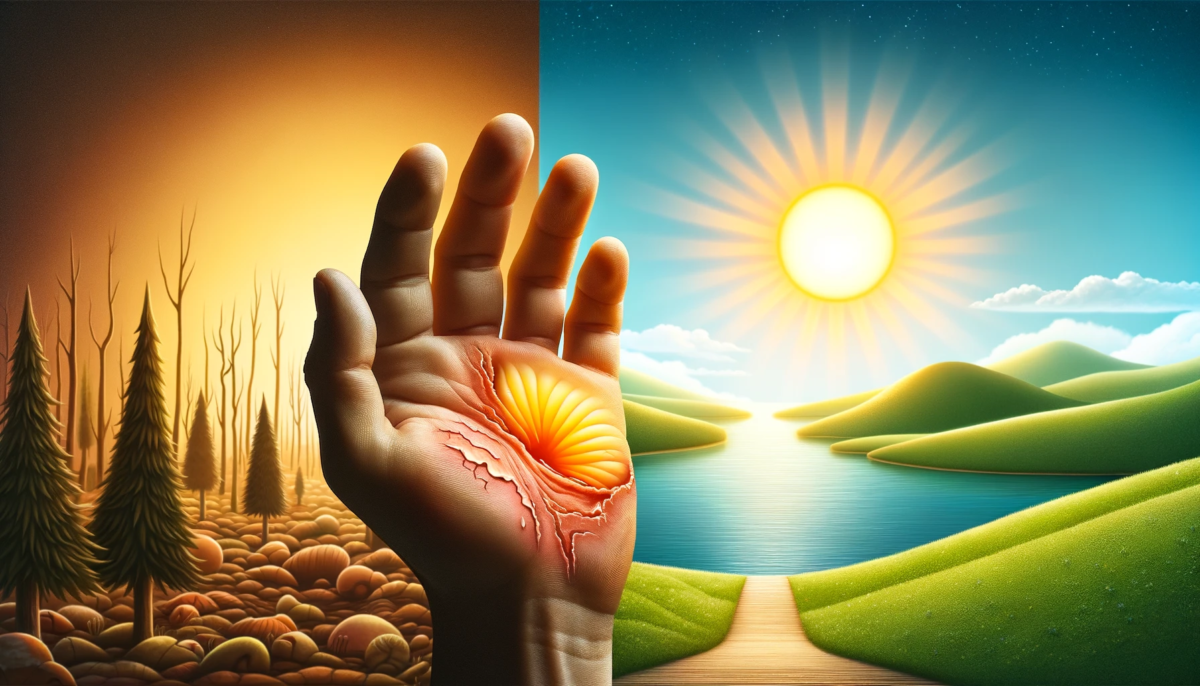
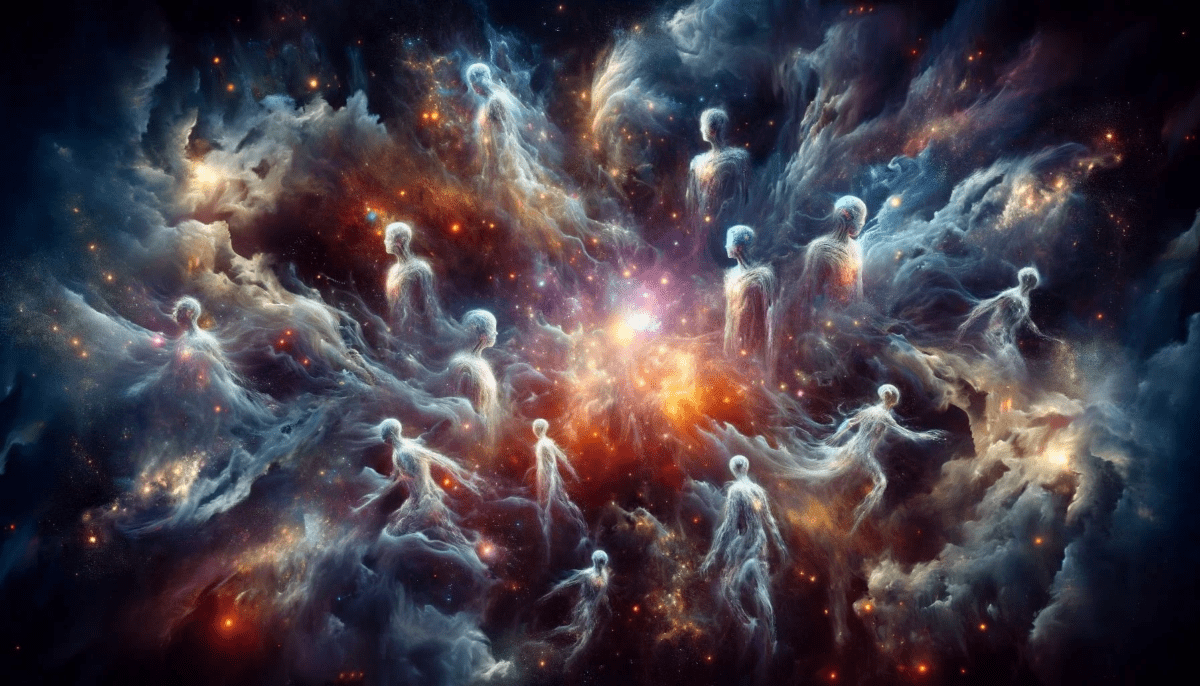
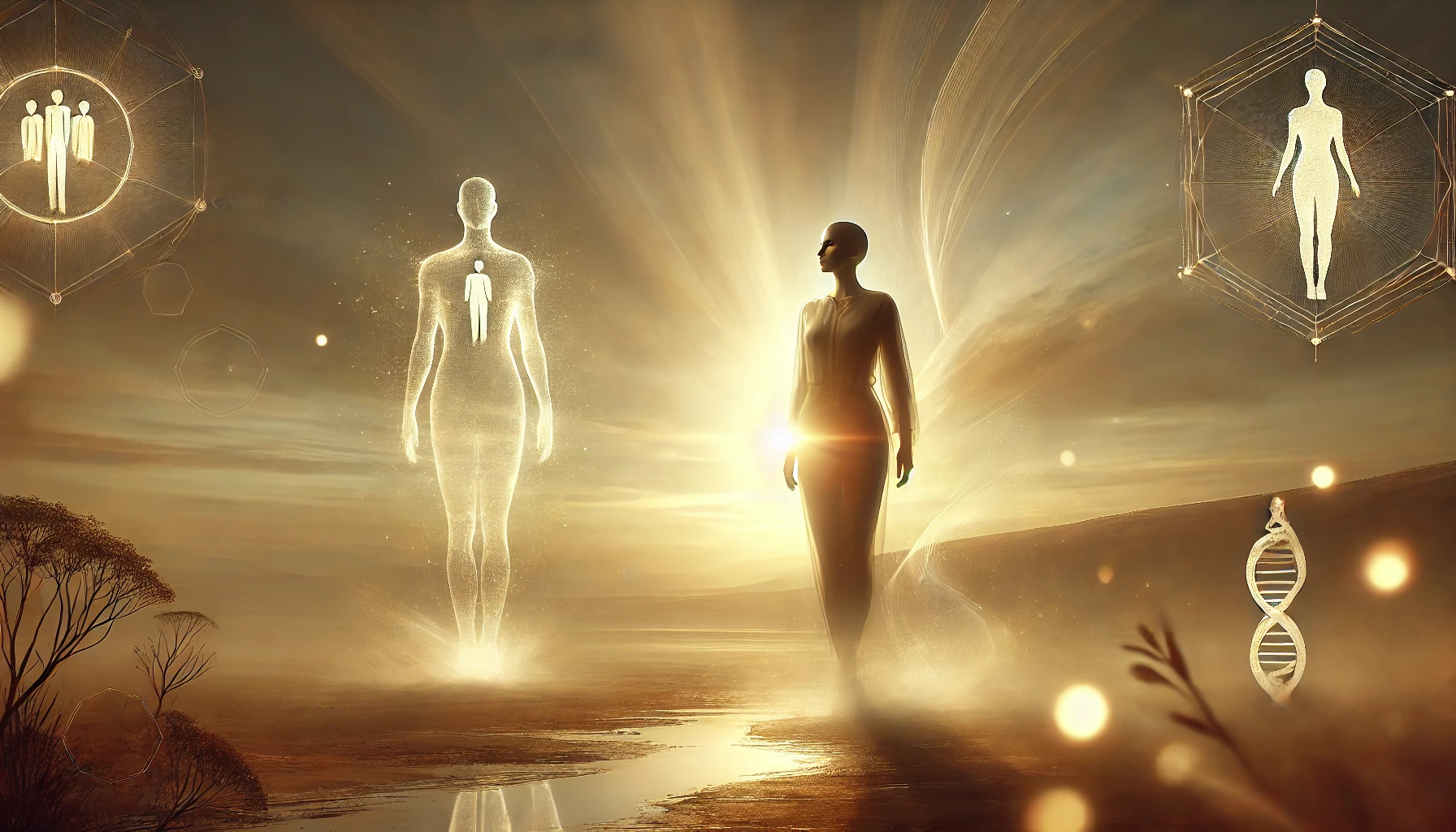
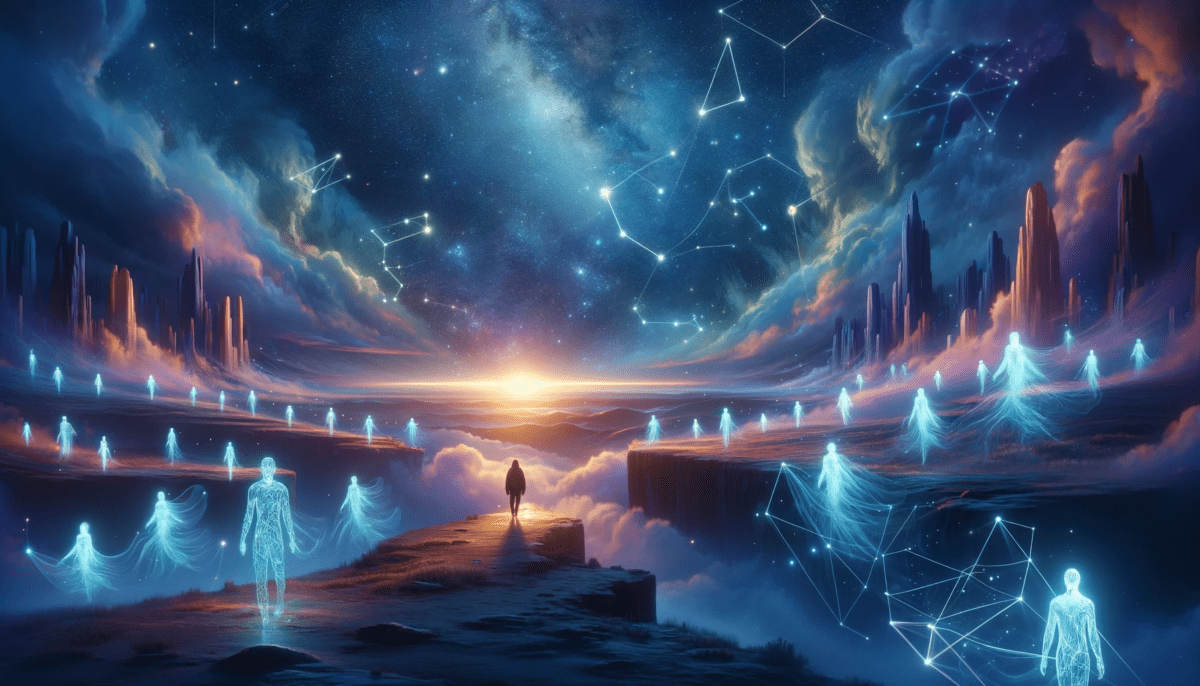
Leave a Reply